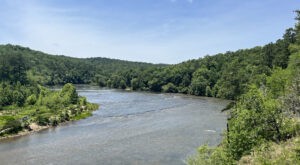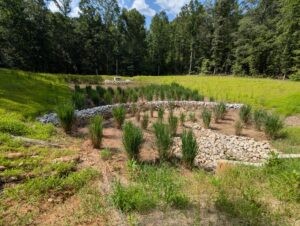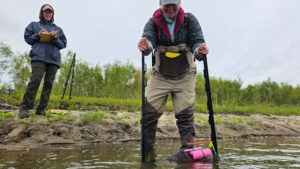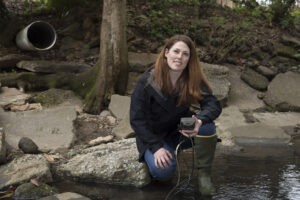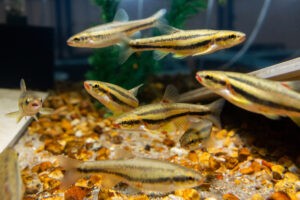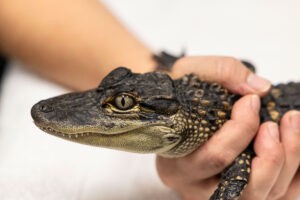How much water is enough? UGA research helps balance needs for the Flint
The River Basin Center and American Rivers collaborate with local water utilities and others in South Metro Atlanta and Central Georgia to balance upstream needs for drinking water with downstream needs for wildlife, recreation and agriculture.

